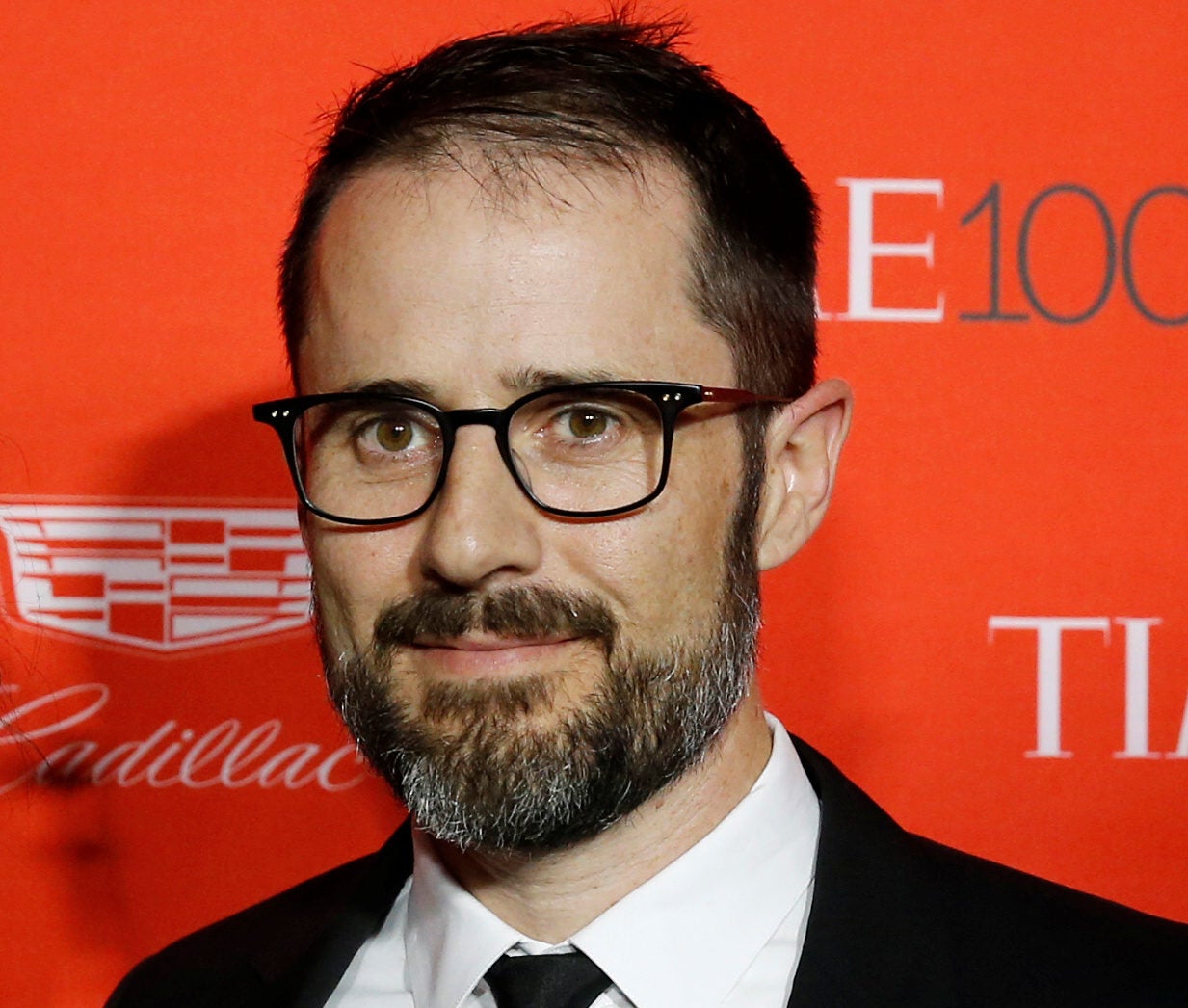
Twitter co-founder Evan Williams has blamed an “ad-driven media that churns stuff out on a minute by minute basis” and measures success in “clicks” for “dumbing the entire world down”.
Williams, who also founded and runs blogging website Medium, said trusted information could not be produced through an ad-only funding model, claiming that advertising “distorts everything”.
The billionaire tech entrepreneur, who sits on the board at Twitter, made the comments on the BBC Radio 4 Today programme.
They come as US President Donald Trump continues to attack the press for what he considers to be “fake news” and “dishonesty” in its coverage of his presidency.
Asked if Trump’s use of social media had given him “pause for thought”, Williams said: “I think that’s part of many things that I consider areas we need to improve.
“The much bigger issue is – it isn’t Donald Trump using Twitter that got him elected, even if he says so – it’s the quality of the information we consume that is reinforcing dangerous beliefs and isolating people and limiting people’s open mindedness and respect for truth and there is a media ecosystem that is supported and thrives on attention period, and that’s what is making us all dumber and not smarter.
“Donald Trump is a symptom of that, but it isn’t his use of Twitter – I don’t think Twitter is at all the worst case of this – it’s the ad-driven media that churns stuff out on a minute by minute basis and their only measure is whether or not someone clicks on it because that’s the only way they can make money.
“And therefore quoting Trump’s tweets or quoting the latest, stupidest thing that a political candidate or anyone else says is an effective way to exploit people’s base instincts and that is dumbing the entire world down.”
He added: “I think what has to happen no matter what is there needs to be information we can trust which means it has to be funded not by advertising – at least not by advertising alone – because that distorts everything. Social media and all these other things can be good and can be bad, but I think that’s the biggest thing.”
He said responsibility for preventing the spread of fake news lay with both individuals and companies, and that this should include removing content.
“I think most people will do what’s easy and consume what’s in front of them or what gets their attention and I think the providers of information systems and the platforms that our media gets disseminated on – I think have a big responsibility as well, for sure,” he said.
“I think it includes removing stuff and in fact all the major platforms remove content constantly all day long and not everyone knows that, but we are evolving our understanding of what abuse is and how protecting free space is a lot more nuanced than it sounds.
“So we can be an ardent believer in free speech and also realise that someone’s speech is actually limiting someone else’s willingness to speak.”
Williams said Twitter had been “evolving their systems to handle abuse for a while” and that there had been a “serious effort in the last year”.
But, he added: “These systems operate at such scale and, especially with something like Twitter which operates in real time, it wouldn’t work even if Twitter wanted to review all the things [posted] and make a judgement call on them. It just wouldn’t work.
“But I think in most of the cases the internet as a whole wasn’t built as a palace where we had to protect ourselves necessarily from abuse and so we are catching up to this, but I’m optimistic the systems are going to get much better.”
He added: “I think one of my big learnings over the last couple of decades is that access to information alone doesn’t make us smarter and the fake news thing that people have been talking about over the last few months is one part of it.
“Another even bigger part I think is the quality and the depth of the information. Is it actually building our understanding or deepening our understanding of the world or is it just noise?”
Picture: Reuters/Shannon Stapleton
Email pged@pressgazette.co.uk to point out mistakes, provide story tips or send in a letter for publication on our "Letters Page" blog

